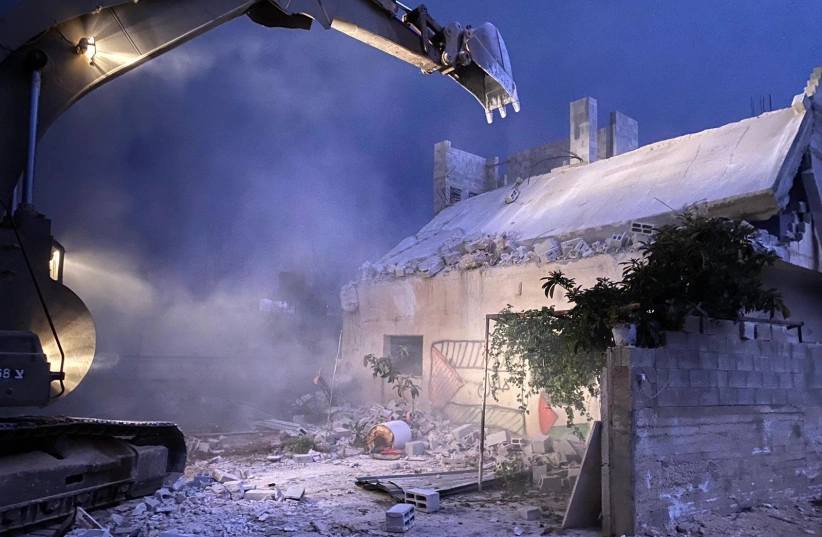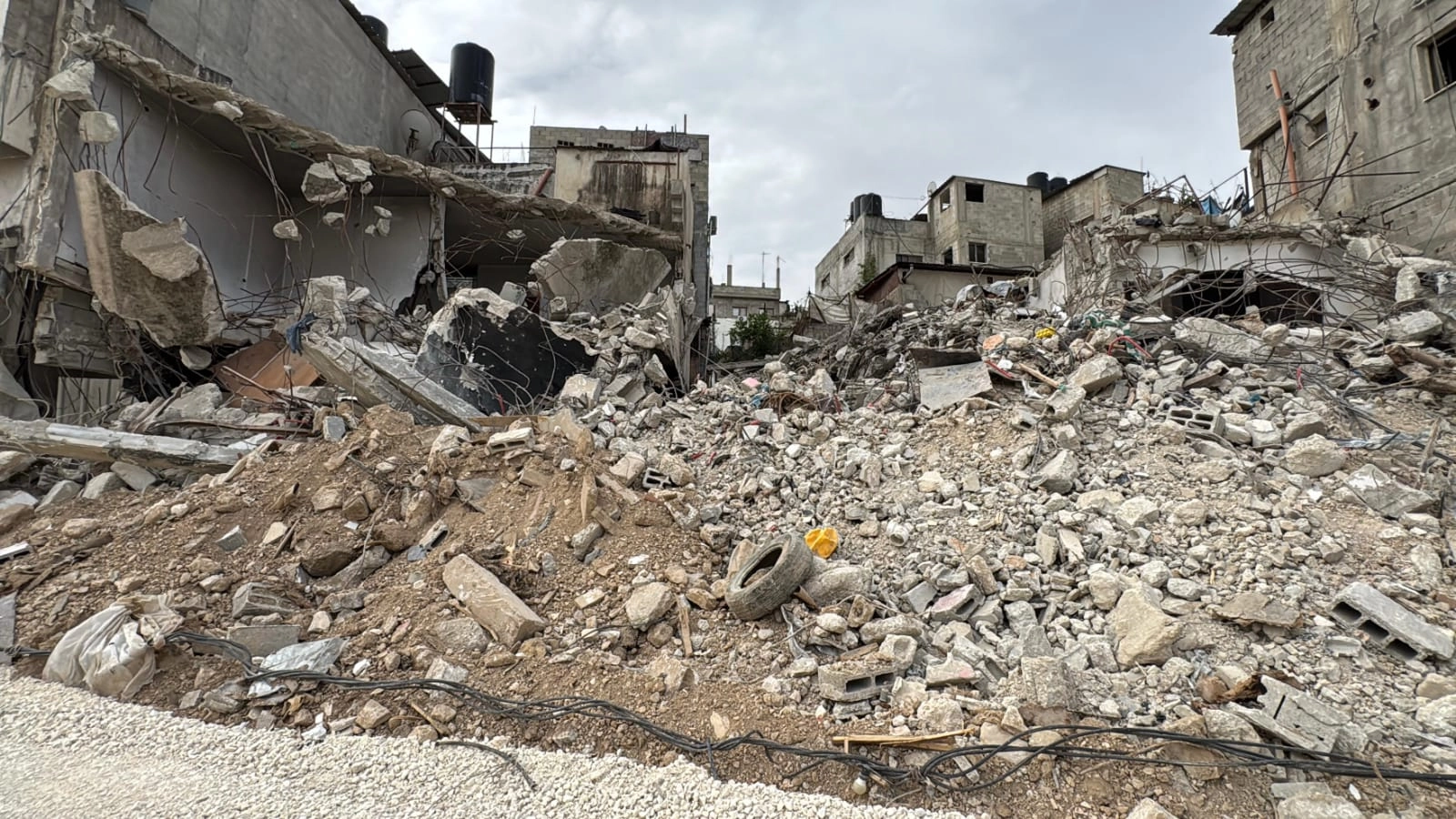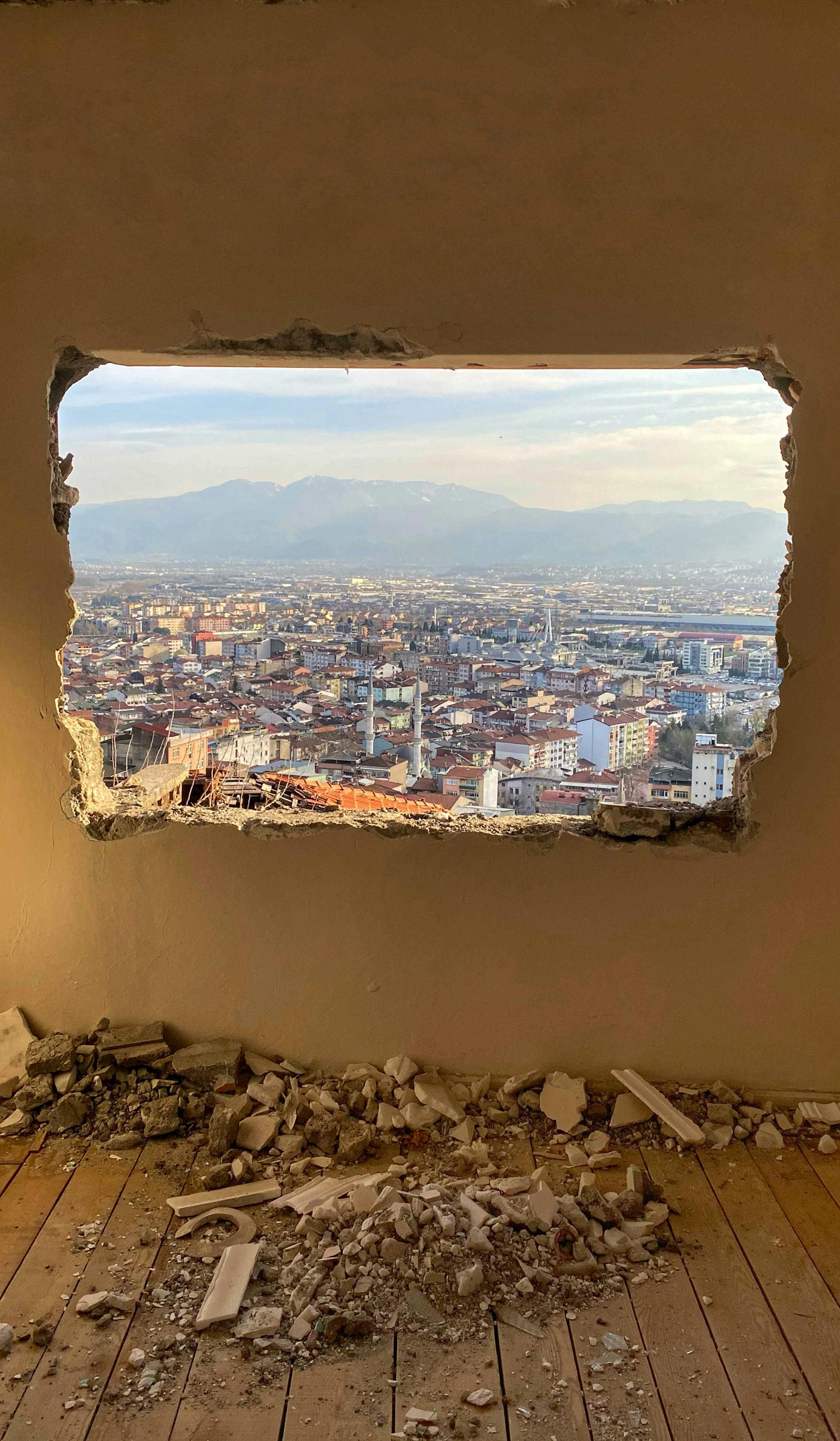What does the destruction of a half-century-old terror wall signify for Turkey and the region? Why has President Erdogan taken this bold step now? How will this decision impact security, politics, and regional stability? These questions arise as Turkey announces plans to dismantle a long-standing barrier erected to combat terrorism. This article explores the historical context, strategic implications, and potential consequences of this landmark decision.
The Historical Context of the Terror Wall
The so-called "terror wall" was constructed over 50 years ago as a defensive measure against insurgent groups operating near Turkey's southeastern border. Stretching across rugged terrain, this barrier symbolized the state's efforts to curb cross-border terrorism and maintain territorial integrity. Over the decades, it became both a physical and psychological divide, separating communities while serving as a reminder of prolonged conflict.
For example, similar barriers worldwide, such as Israel's West Bank wall or the former Berlin Wall, have carried heavy political and social weight. Turkey's wall, though less internationally discussed, played a comparable role in shaping local dynamics. Its demolition marks a pivotal shift in Ankara's approach to security and regional diplomacy.

Erdogan's Strategic Decision: Why Now?
President Recep Tayyip Erdogan's announcement to dismantle the wall comes at a critical juncture. Analysts suggest multiple factors influenced this decision. First, Turkey's recent counterterrorism successes have reduced immediate threats, allowing for a reassessment of defensive strategies. Second, the move aligns with Ankara's broader efforts to normalize relations with neighboring countries and project an image of stability.
A practical application of this strategy can be seen in Turkey's evolving relationship with Iraq and Syria. By removing the wall, Turkey signals confidence in its border security capabilities while extending an olive branch for regional cooperation. This mirrors how other nations, like South Africa post-apartheid, used symbolic infrastructure changes to foster reconciliation.

Security Implications: Risks and Rewards
Demolishing a decades-old security structure inevitably raises questions. Will this leave border areas vulnerable to renewed terrorist infiltration? Or does it reflect advanced technological surveillance replacing physical barriers? Turkey has invested heavily in drone surveillance and smart border systems, which may now take precedence over static defences.
Consider how the U.S.-Mexico border has increasingly relied on sensors and aerial monitoring rather than just physical walls. Turkey appears to adopt a similar hybrid model, combining technology with intelligence-sharing agreements. However, the transition period requires careful execution to prevent security gaps that militants could exploit.
Political and Symbolic Significance
Beyond security, the wall's destruction carries profound political symbolism. For government supporters, it represents victory over terrorism and a new era of openness. For critics, it may seem premature or politically timed ahead of elections. The gesture also communicates to international observers that Turkey is transitioning from conflict management to long-term stability building.
Historical parallels exist in Northern Ireland, where peace walls gradually came down after the Good Friday Agreement. While challenges remained, the physical dismantling accelerated psychological healing. Turkey likely aims for a comparable effect, though regional complexities differ significantly.
Regional Reactions and Future Scenarios
Neighboring states and global powers will closely watch this development. Some may interpret it as Turkish confidence, others as vulnerability. Key questions include: Will Syria or Iraq reciprocate with security cooperation? How will Kurdish groups respond? Might this encourage European support for Turkey's counterterrorism efforts?
Practical outcomes could range from increased cross-border trade to renewed clashes if militant groups perceive weakness. The demolition's success hinges on coordinated diplomacy and continued security vigilance—a lesson learned from Libya's post-Gaddafi border chaos when hasty changes led to weapon smuggling surges.
Conclusion: A Turning Point for Turkey
Turkey's decision to remove its historic terror wall marks more than just a physical change—it reflects evolving security doctrines, political narratives, and regional ambitions. While risks exist, the move demonstrates Ankara's belief in its ability to manage threats through means beyond concrete barriers. The coming months will reveal whether this bold step fosters stability or requires tactical adjustments.
Like the fall of the Berlin Wall, such moments carry weight beyond their material impact. They redefine spaces, relationships, and possibilities. For Turkey, this could be the beginning of a reimagined border policy or a cautionary tale about the timing of symbolic gestures in volatile regions.






